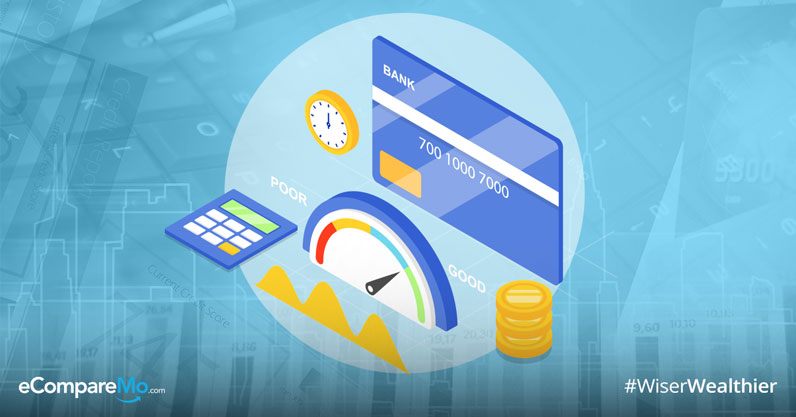An Easy Guide To Understanding Credit Scoring In The Philippines
3 min readA credit score is a number that measures an individual’s creditworthiness.
Credit scoring is important for both borrowers and financial institutions to determine if a person is worthy of lending money to, be it for a loan or credit card application.
A person’s credit history is logged every time they borrow money through a financial institution. This data involves your personal information, employment history, loan or credit amount, missed payments, and complete debt/s settlement.

These data are then gathered to determine a country’s credit rating. This shows whether a country is worth investing in.
There are number of international credit rating agencies that release annual reports. According to CNN Philippines, as of April 2018, we’re rated BBB, according to one of the biggest credit rating agency Standard & Poor’s Global Ratings (S&P). This cites the country’s credit outlook as positive.
International Credit Scoring
In the US, credit scores range from 300 as the lowest to 850 as most excellent, and its use is not just limited to financial institutions. These data are also used for landlord background check, to see if a person will be a good tenant or not.
An even broader use is done in China, where people’s credit scores are based on their “trustworthiness and distrustâ€. Their ‘Social Credit System’, as it is called, was launched in 2014, and is expected to be in full operation by 2020.
It brought some controversy during its few years in operation, as there have been reported instances where people were prevented from buying airline and train tickets and banned from certain websites and services. People with excellent credit scores, on the other hand, are rewarded with privileges.
Credit scoring in the Philippines, however, is far from this. It’s not yet centralized, and it’s not as Orwellian nor as strict as China’s. But don’t mistake this for lax record keeping, as financial institutions in the Philippines rely on a number of established credit rating agencies.
Most of them have been operating in the country for several years now, holding blacklists, and credit histories of individuals. If anything, it shows a growing source of reliable information for financial institutions in the country.
(Read: The Philippines Has Credit Scoring – What Does This Mean For You?)
What are the credit scoring companies in the Philippines?
We still have a long way to go in terms of centralized credit scoring. But for now, we have these credit rating agencies that mark every credit record of individuals in the Philippines.
- Credit Card Association of the Philippines (CCAP) C4 (Consolidated Cancelled Credit Cards)
- Bankers Association of the Philippines (BAP) Credit Bureau
- Credit Information Bureau, Inc. (CIBI)
- Philippine Rating Services Corporation
- Credit Information Corporation (CIC)
- TransUnion (Originally from the US, they started in the Philippines in 2011. They are one of the largest credit reporting agencies in the world. In the country, they are partnered with Metrobank, BPI, BDO, HSBC, and Citibank.)
There are also other smaller, foreign agencies partnered with banks in the Philippines, but the ones above are the largest.
(Read: A Brief History Of The Credit Card And Its Usage In The Philippines)
When you decide to open a bank account, and apply for a credit card or a loan, know that all the information you give out and your debt repayment all go to these agencies. It’s easy for banks to look up your name from these agencies’ records and pull up all your bank and credit history with other banks and financial institutions. What your record shows about you will then determine if you’re worthy of being approved.
No delinquent payments means that you’re good to go. Learn how to maintain a solid credit score and regularly pay your existing debt/s, so as not to taint your credit record.
